A quote that I particularly appreciate is from the ancient ruler Cyrus the Great:
“Diversity in counsel, unity in command” [1].
Without getting deep into history, I will simply say that Cyrus the Great was a leader and military commander who, given his successes, must have been good at decision-making.
What Did Cyrus Mean By “Diversity In Counsel, Unity In Command”?
Ultimately, only the long-dead Cyrus knows, but what this quote has taken on for meaning nowadays is that one should allow for different perspectives when deciding on a course of action but, once the decision has been made, all those involved in the ensuing action should be fully committed to bringing about the desired outcome.
I don’t believe this means decisions require complete obedience; in the light of new information, the ability to change strategies mid-engagement or even adopt completely new objectives is valuable. Such an approach allows individuals and organisations to be flexible, and if the COVID-19 pandemic has one lesson to offer both employees and employers alike, it is that flexibility is crucial when the world changes.
There are many ways we can envision Cyrus’ quote in the modern workplace. Perhaps it is the meeting of senior company leaders who bring and accept different opinions and ideas but who, once a decision has been reached, commit fully to the plan of action as a unified front. Or perhaps we see this occur within an individual who, when deciding to make a job change due to dissatisfaction with their current situation, takes the time to list the pros and cons of moving on and then fully commits themselves to either finding a new job or making the most out of their current one – depending on the results of their soul-searching.
Diversity In Counsel:
One thing I believe with strong conviction is that “diversity in counsel” cannot occur in spaces where different opinions are disparaged against or where one loud voice drowns others. In workplaces, a manager who cannot accept constructive criticism or different points of view ensures that their ideas alone will move forward – for better or for worse. For the individual, shame and denial keep us unreachable by the diversity of thought that could improve our lives and decision-making capabilities.
There is another toxin present when decision-makers do not welcome any diversity into their ponderings: rejection. After being ignored, those with valid but different points of view will not simply continue putting all they have into their role. Being ignored and steamrollered in situations when you could instead offer value to the conversation is the same as being rejected; what ends up being communicated is that you do not matter.
This rejection is damaging to the individual and damaging to the organisation. Those who are rejected in this way will likely sense that there are impenetrable barriers to their advancement in the organisation. Such an occurrence can be the beginning of the end for the organisation’s star performers and future leaders.
Of course, not everyone has value to add to a particular decision-making process. That statement may sound harsh, but an organisation needs input from those who have the right experience, personal investment, internalisation of the organisation’s values, and knowledge applicable to the problem at hand. It is these qualities above others that leaders need to identify when seeking people who can advise them on difficult decisions.
Unity In Command:
Committing firmly to a course of action can seem at odds with actively seeking broad input; however, it is the next step in Cyrus’ decision-making model. Once the phase of seeking input and considering diverse perspectives is over, it is time for unity.
Organisations are harmed by leaders who each seem to have their own agenda and openly contradict the values of the organisation and its official decisions. Similarly, an individual who changes their mind about a certain decision on a daily basis will not be taken seriously and is at risk of not accomplishing anything.
What individuals and organisations alike need to accept is that the decision that was agreed upon may not be the best decision. When new information appears that can help modify the original decision it should be considered, but until that happens the original decision should be carried out without waffling as long as the decision-makers did their due diligence.
Nowadays, people and businesses are extremely self-conscious about the way they are perceived not only amongst their immediate peers but by the public in general. Social media gives everyone the ability to critique the actions of others. This can be great for accountability, but it can also amplify negative messages beyond useful proportions. As a result, our image-conscious culture makes it easy for individuals and organisations to bow to the wrong idols and second guess themselves.
If a decision has been made in good faith and took into consideration the diverse viewpoints of those who have value to add and those who will be affected, then a strong and unified front is needed. Waffling in the face of backlash is a sign that a decision was made without adequately diverse inputs. Counsel and command are not easy things to balance.
Wrap Up:
Businesses require unity in command in the sense that all people must work towards the business’ goals. If not, the organisation is in danger. However, diversity in counsel gives the organisation the ability to consider diverse viewpoints and to challenge leaders in a safe space prior to unleashing a decision on external stakeholders. Having both diversity and unity working effectively in this capacity is important for a business and creates a sense of safety amongst staff.
For further reading on this subject and workplace inclusion, I recommend Belonging: The Key to Transforming and Maintaining Diversity, Inclusion and Equality at Work [2].
References:
1 – “Diversity in counsel, unity in command”, Cyrus the Great, quotefancy, accessed October 11th, 2021, https://quotefancy.com/quote/1714607/Cyrus-the-Great-Diversity-in-counsel-unity-in-command
2 – Kathryn Jacob, Sue Unerman, and Mark Edwards. Belonging: The Key to Transforming and Maintaining Diversity, Inclusion and Equality at Work. Bloomsbury Publishing, 2017.














Comments are closed